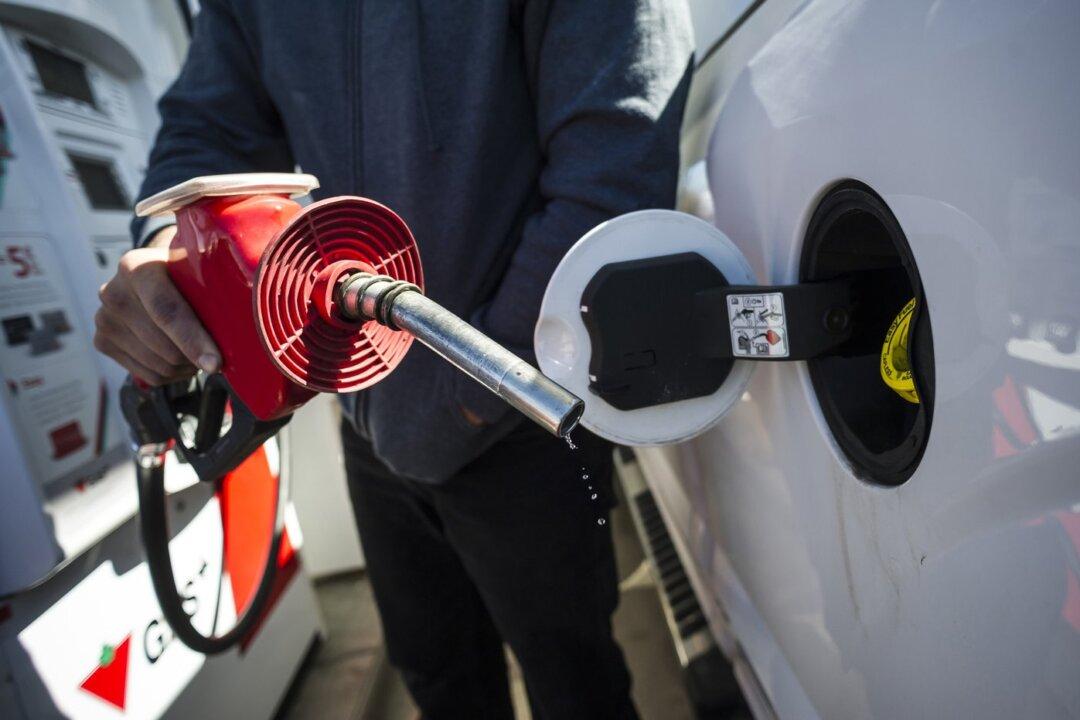Canadian small businesses say they are suffering under the federal carbon tax program and are calling on the government to stop the tax hike planned for April 1.
“Small businesses are being crushed by rising costs on all fronts, and the upcoming April 1 carbon tax increase will only add salt to the wound,” said an email statement to The Epoch Times from Jasmin Guenette, vice president of national affairs for the Canadian Federation of Independent Business (CFIB).





